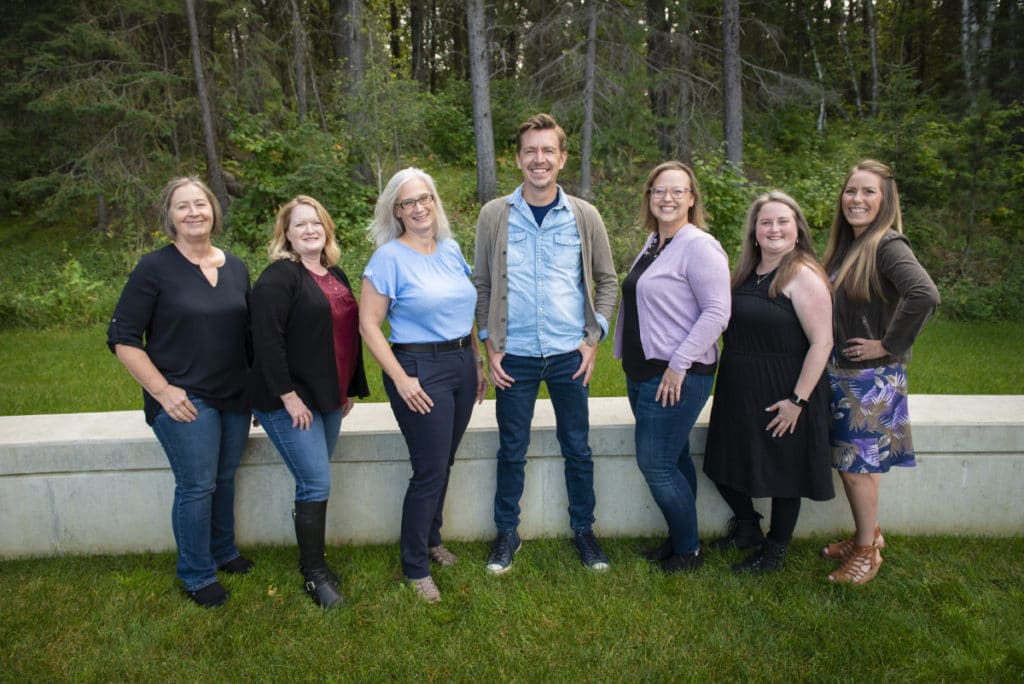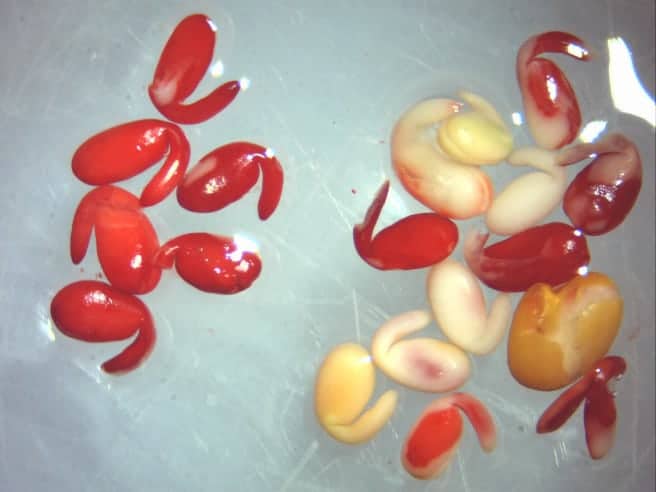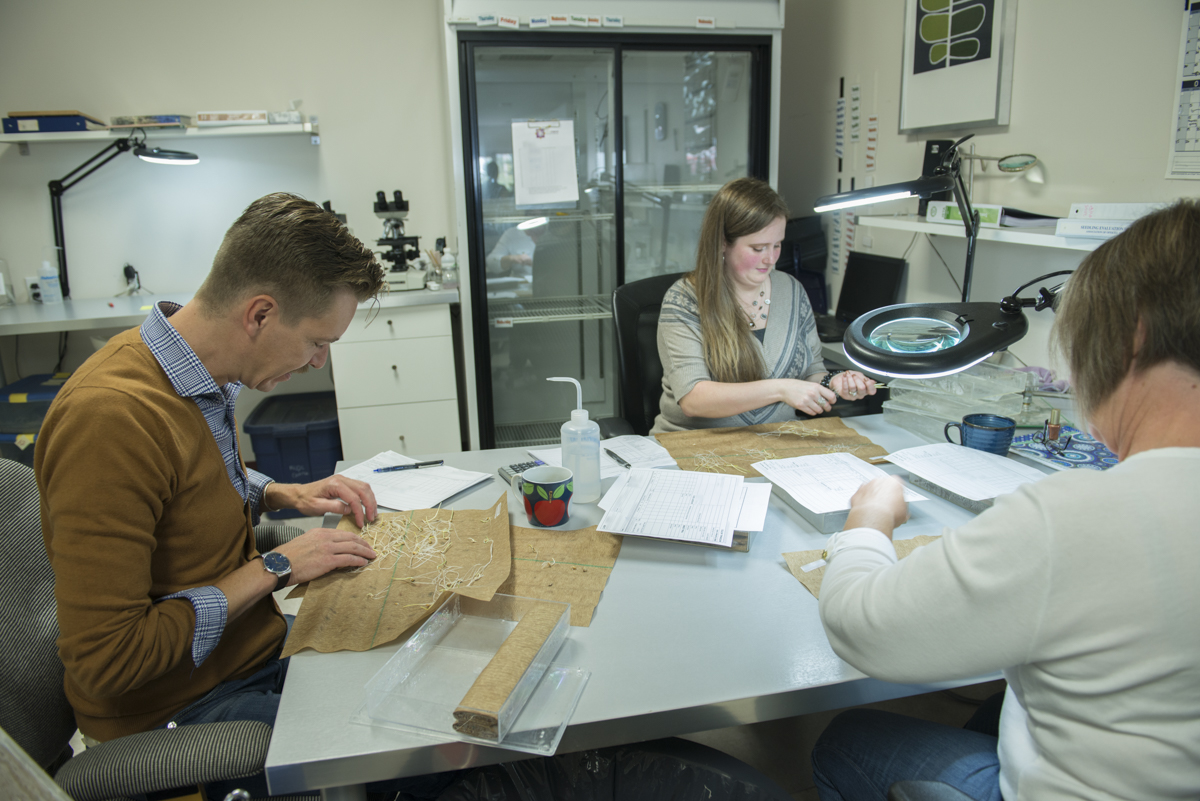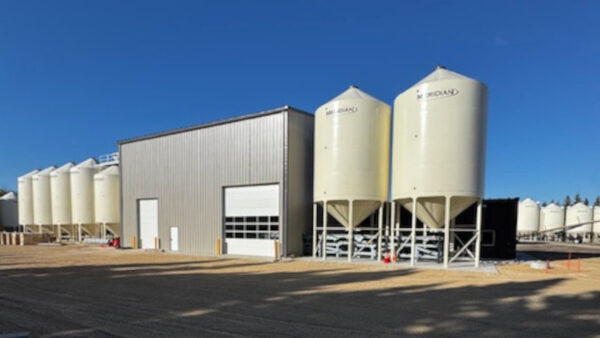If you listen to AM radio, you might recognize Morgan Webb’s voice. Getting behind the mic is just one of the ways Seed Check staff are getting out into the wider community.
When he fist started started Seed Check Technologies, Morgan Webb didn’t have a paycheque as he worked to build his business from the bottom up.
“I did other jobs that someone with plant identification skills could do. I worked part time at Greenland Garden Centre and someone there said, ‘You have way too much knowledge not to share it, would you be a host on our radio show?’” says Webb, senior seed analyst at Seed Check, based in Leduc, Alta.
“When I was young, I was so nervous I wouldn’t speak. To find myself doing a radio show took a lot of courage. It really changes the way you think about yourself as a quiet, shy person. Seed analysts tend to be introverts, so to go on the air was definitely different for me.”
Webb still serves as a host on The Garden Show on 630 CHED AM radio in Edmonton. A few Sunday mornings every month he gets behind the mic and offers listeners advice from an expert.
“Other than offering advice on working with garden seed, I get to tell people how hard farmers work to produce seed, like reclamation species for native prairie habitat, for example. It gives me a better perspective in the lab to have that outreach with the wider community and helps me advocate for our industry at the same time.”
That outreach is something Seed Check staff are doing with increasing frequency. A recent field trip to the University of Alberta Botanical Gardens allowed staff to get out of the lab and see the new Aga Khan Garden, where a lot of native seed species they test in a lab setting on a regular basis grow.

Construction of the new Aga Khan Garden was completed in June of 2018. The 4.8-hectare Mughal-inspired garden features secluded forest paths, granite and limestone terraces, still pools that reflect the Prairie sky, waterfalls and streams. Fruit orchards extend around the large Calla Pond, and the garden contains more than 25,000 trees, shrubs, perennials, annuals and wetland plants.
As well as being a site for research projects, the Botanic Garden also provides support for research activities, including plant trial evaluations for the horticulture industry; sharing of plant materials to support research activities in other botanic gardens around the world; Canola Council of Canada research activities; and Alberta Canola Producer’s Commission activities.
“They’re using for this garden many of the native plants we test for customers who are planting seed to reclaim native prairie in Canada. If you listen to AM radio, you might recognize Morgan Webb’s voice. These plants were here hundreds of years ago before any of us showed up,” Webb says.
“A new craze in gardening is to grow many of these species as ornamentals, and that’s because the best plants to grow in Prairie gardens are the ones native to the Prairie region,” Webb says.
Seeing native species up-close and personal helped Seed Check staff to examine these plants in a way they don’t get to inside of a lab, where they work with the seed and not the plant itself.
“Seed analysis has to be done by someone who can concentrate, maintain a high level of knowledge and make decisions fast. That’s why introverts like me make good analysts. That said, getting out of the lab and venturing out into our community and seeing these plants up close really helps us to do our job even more effectively,” Webb adds.
For info visit seedcheck.net.












